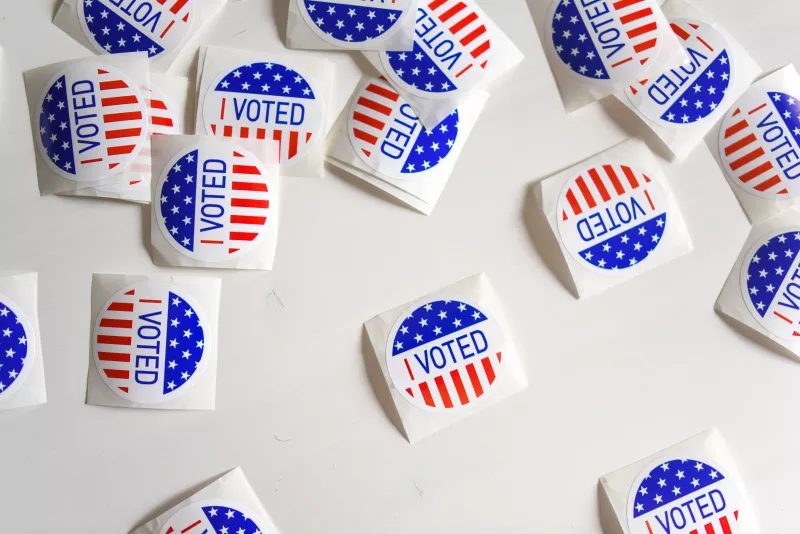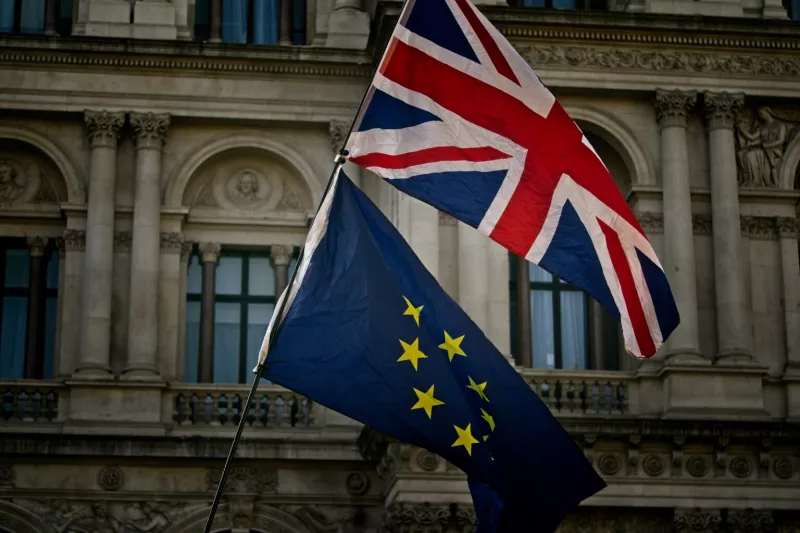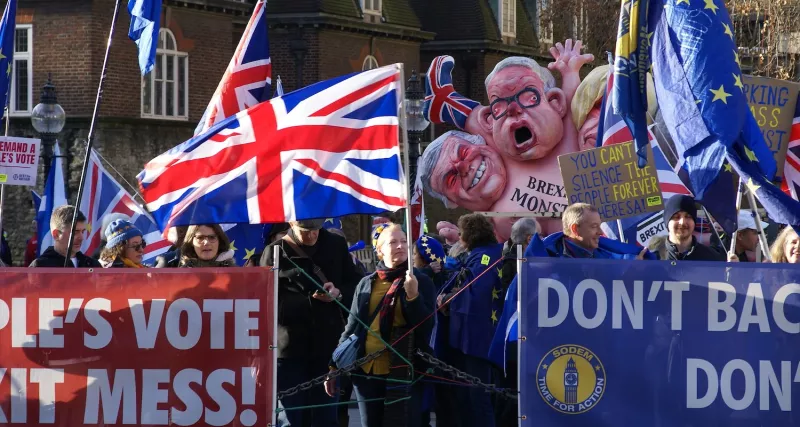Reports & Analysis
CSMAP produces rigorous, data-driven reports and analyses on policy relevant topics.
Search or Filter
-
Analysis
Reducing Exposure To Misinformation: Evidence from WhatsApp in Brazil
Deactivating multimedia on WhatsApp in Brazil consistently reduced exposure to online misinformation during the pre-election weeks in 2022, but did not impact whether false news was believed, or reduce polarization.
August 16, 2024
-
Analysis
Which Republicans Are Most Likely to Think the Election Was Stolen?
Those who dislike Democrats and don’t mind white nationalists. That includes plenty of Republicans with college educations.
January 19, 2021
-
Analysis
What’s the Strategy of Russia’s Internet Trolls? We Analyzed Their Tweets to Find Out.
We find that IRA-operated Twitter accounts shared less junk news than one might have expected — relying instead on local news sources.
November 19, 2018
-
Report
Your Friendly Neighborhood Troll: The Internet Research Agency’s Use of Local and Fake News in the 2016 U.S. Presidential Campaign
We examine whether IRA-operated Twitter accounts spread polarizing or misleading content on social media platforms in an attempt to influence the outcome of the 2016 U.S. presidential election.
January 18, 2018
-
Analysis
Here’s What 29 Million Tweets Can Teach Us About Brexit
Britain’s vote to leave the European Union caused a dramatic surge in Brexit-related tweets. Our analysis of millions of them provides key insights into the success of the “leave” campaign, the surprising dominance of economic issues in the online debate, and the referendum’s increasingly global audience.
July 20, 2016
-
Report
Brexit Data Report
What can social media teach us about the motivations of Brexit voters and the global ramifications of the referendum? After analyzing 29 million tweets on the topic, we provide key insights about user views.
July 14, 2016





